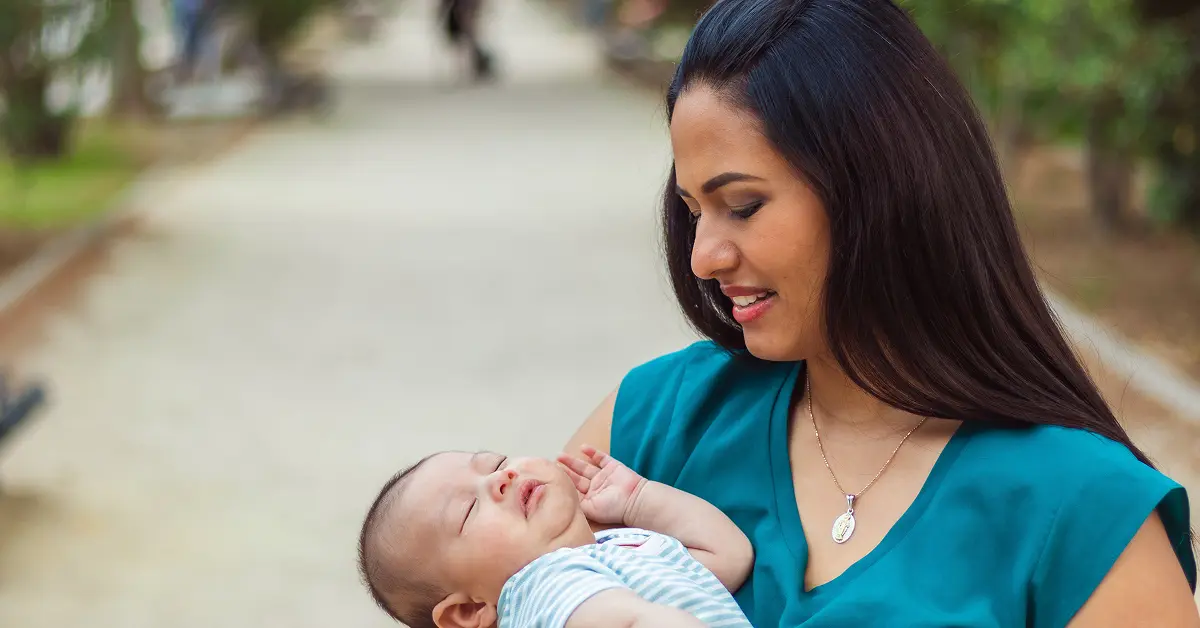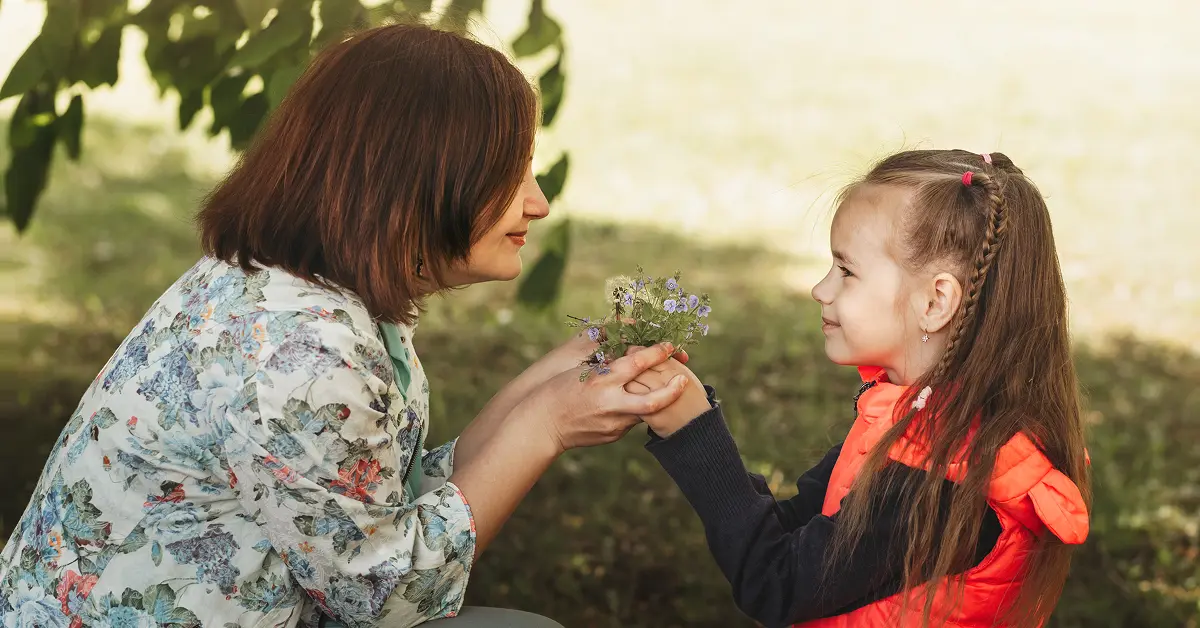In today’s fast-paced world, many parents rely on Baby Care Services to assist in raising their children, especially during the early formative years. While some may view caregivers as just babysitters, their role extends far beyond basic childcare. Baby caregivers significantly influence a child's overall development—cognitive, emotional, physical, and social.
A nurturing caregiver can positively shape a child’s foundation, contributing to healthy growth and lifelong learning. In this article, we explore how baby caregivers support child development and why choosing the right one matters.
Emotional Bonding and Attachment
The earliest years of a child’s life are critical for forming secure emotional bonds. When a caregiver consistently responds to a baby’s cries, comforts them when they are upset, and celebrates their achievements, they help create a sense of security and trust.
Secure attachment built through consistent and warm caregiving leads to:
- Higher self-esteem
- Better stress management
- Stronger relationships in later life
Cognitive Development Through Interaction
Babies are born with a natural curiosity. Simple interactions such as reading, singing, and talking to them help stimulate brain development. A trained caregiver can turn everyday moments into learning opportunities.
- Naming objects during playtime boosts vocabulary.
- Engaging in peek-a-boo teaches object permanence.
- Allowing time for exploration helps cognitive problem-solving.
Physical Development Support
Baby caregivers also aid in a child's physical development by encouraging movement and healthy habits. From tummy time to supervised crawling, walking, or playing with age-appropriate toys, caregivers help children meet important motor skill milestones.
- Safe environments for movement
- Regular feeding and sleep schedules
- Physical exercises tailored to the baby’s age
Social Skills and Communication
Social development begins early, often through daily interaction with caregivers. Babies learn how to express themselves, take turns, and read emotional cues through consistent engagement.
A caregiver encourages this by:
- Responding to baby babble
- Encouraging eye contact
- Modeling polite language and behavior
Creating a Stimulating Environment
A well-trained caregiver knows how to create an environment that balances learning with comfort. This includes:
- Rotating toys and books to avoid monotony
- Setting up creative play zones
- Organizing sensory activities like finger painting or water play
Teaching Discipline with Love
Discipline is not just about correcting behavior—it’s about teaching acceptable social norms. A baby caregiver sets boundaries gently and consistently.
- Redirecting a child from unsafe behavior
- Using positive reinforcement
- Establishing a consistent schedule
Monitoring Developmental Milestones
Professional caregivers often keep track of a child's milestones and alert parents to any delays or concerns. This early detection is essential for timely intervention.
Key milestones they watch for:
- Motor skills (rolling over, sitting, crawling)
- Speech and language (cooing, first words)
- Emotional responses (smiling, recognizing familiar faces)
Reducing Parental Stress
One often-overlooked benefit of hiring a skilled baby caregiver is the reduced stress it brings to the household. Parents who feel supported by a competent caregiver are better able to focus on their professional and personal lives.
Less stress for parents means:
- More quality time when they’re with the child
- Better mental health for the whole family
- Reduced parental burnout
Cultural and Value-Based Learning
In India, values such as respect for elders, community living, and spirituality often play a vital role in upbringing. A culturally aware caregiver can reinforce these values in day-to-day care.
Whether it's teaching basic manners in regional languages or participating in simple religious rituals, caregivers can pass on family traditions. This early exposure to culture and values forms the moral compass of the child.
Consistency and Routine
Children thrive in predictable environments. Daily routines around meals, naps, playtime, and learning create a sense of stability. Baby caregivers often follow a schedule that promotes:
- Better sleep patterns
- Timely feeding habits
- Smooth transitions between activities
Final Thoughts
Choosing the right baby caregiver is one of the most important decisions a parent can make. The caregiver becomes a vital part of the child’s ecosystem, shaping their personality, learning patterns, and overall well-being.
Whether it’s a nanny, daycare provider, or full-time ayah at home, a good caregiver provides more than supervision—they offer love, learning, discipline, and care. Their contributions can leave a lifelong positive impact on a child’s journey.
As a parent in India, ensure you choose someone who aligns with your family values, understands child development, and communicates well. After all, it takes a village to raise a child—and a dedicated caregiver is a cornerstone of that village.
Contents
- Emotional Bonding and Attachment
- Cognitive Development Through Interaction
- Physical Development Support
- Social Skills and Communication
- Creating a Stimulating Environment
- Teaching Discipline with Love
- Monitoring Developmental Milestones
- Reducing Parental Stress
- Cultural and Value-Based Learning
- Consistency and Routine
- Final Thoughts
Our 24*7 services
Latest Posts
- What Is Respite Care and Why Is It Important
- Affordable home care for senior citizens in India
- Caring for Seniors with Dementia or Alzheimer's at Home
- Senior Caregiving A Guide for Every Family
- How to Write a Caregiver Resume That Gets You Hired
- How Care After Hospital Discharge Speeds Up Recovery at Home
- How to Get Home Health Care for Seniors Through Medicare
- What Does a Senior Citizen Caregiver Really Do at Home
- How to Care for Elderly Parents with Alzheimer’s or Dementia
- How to Get 24-Hour Care for Seniors at Home



